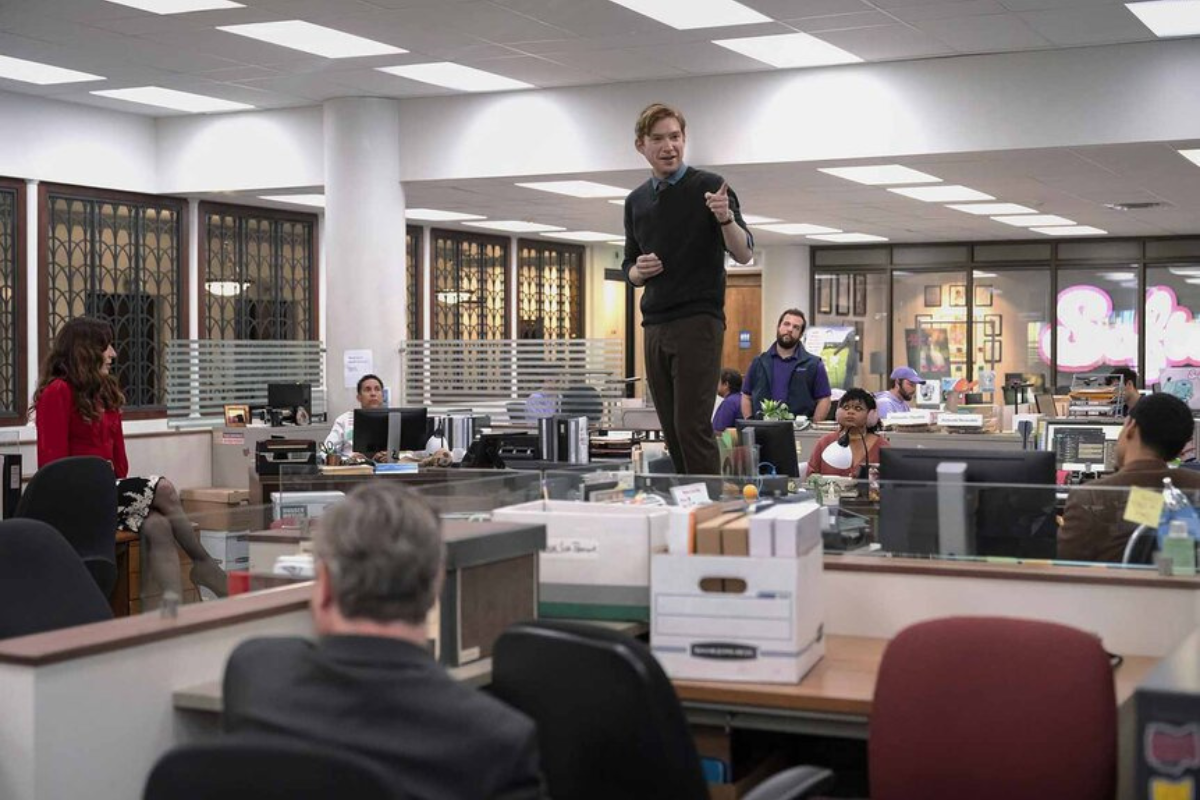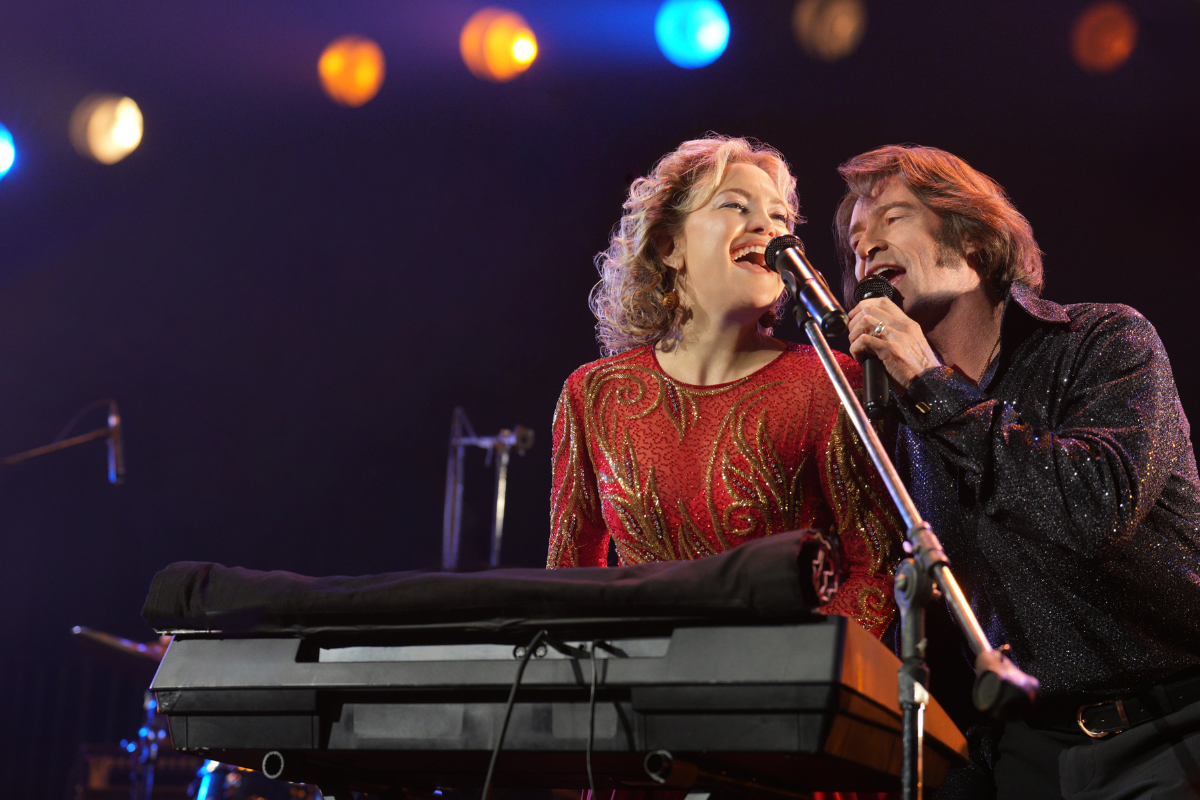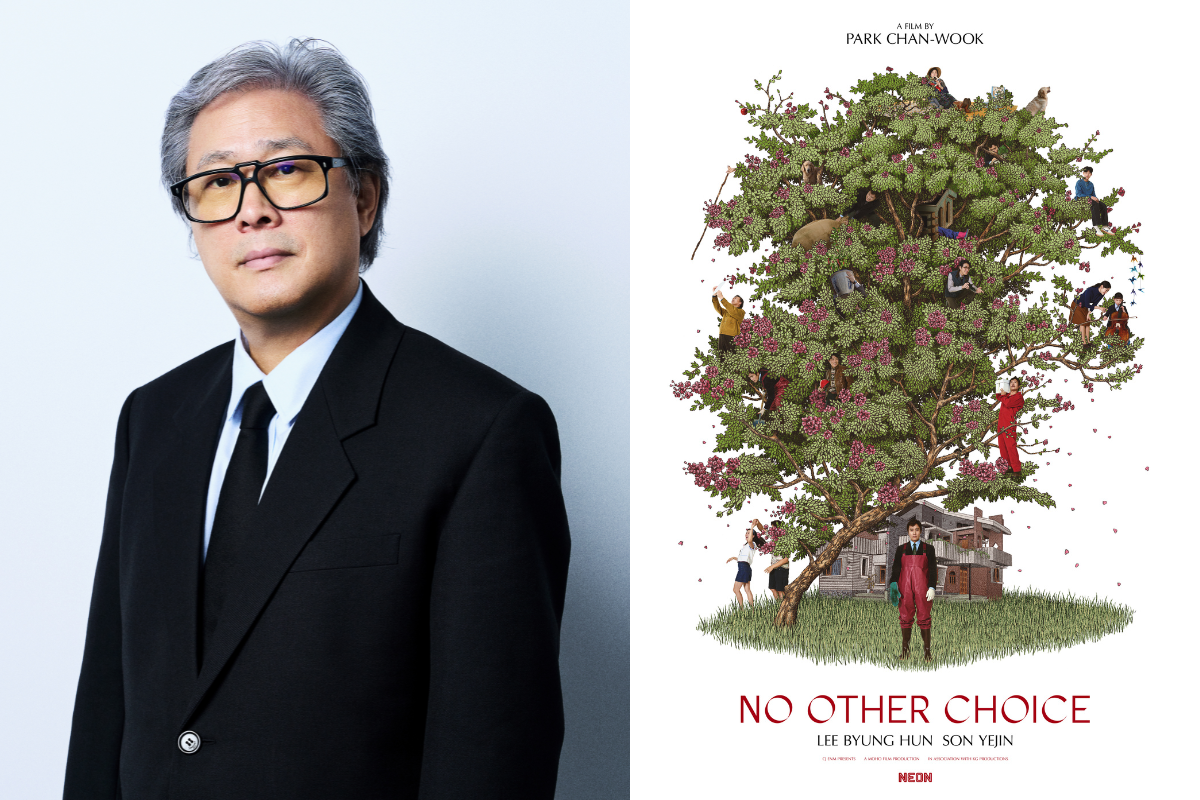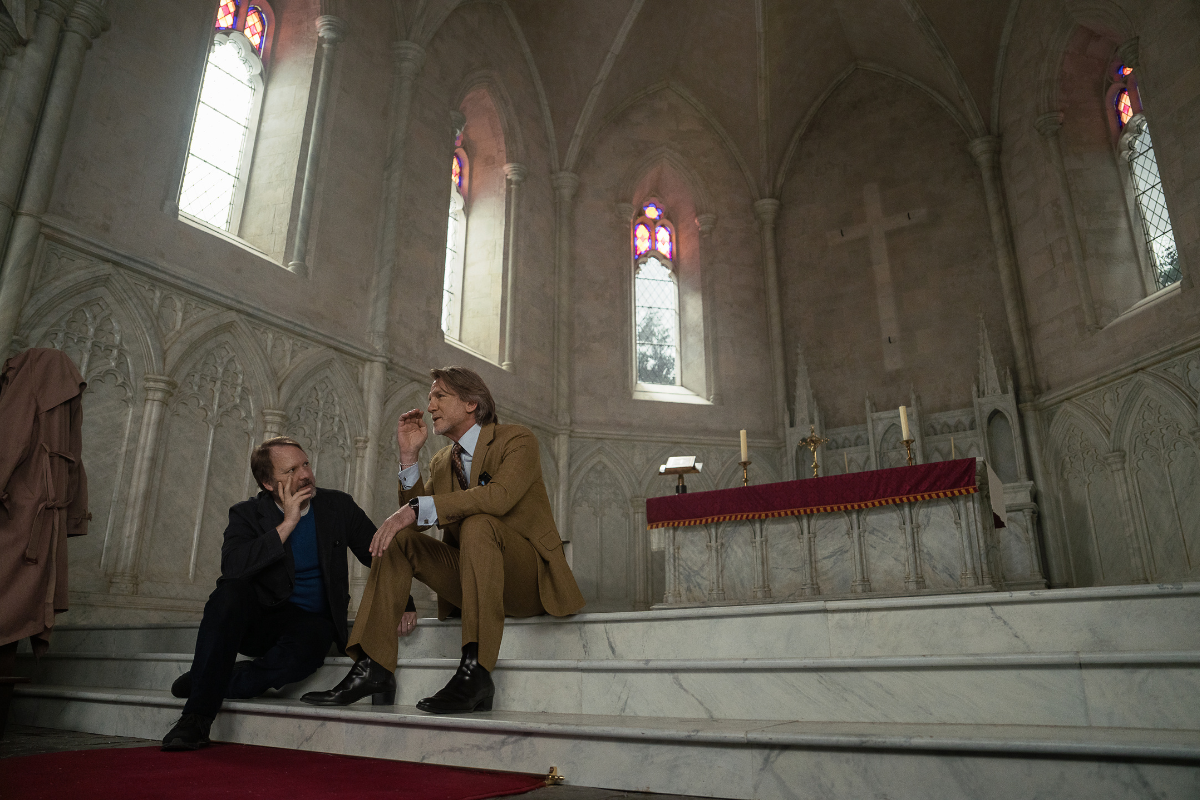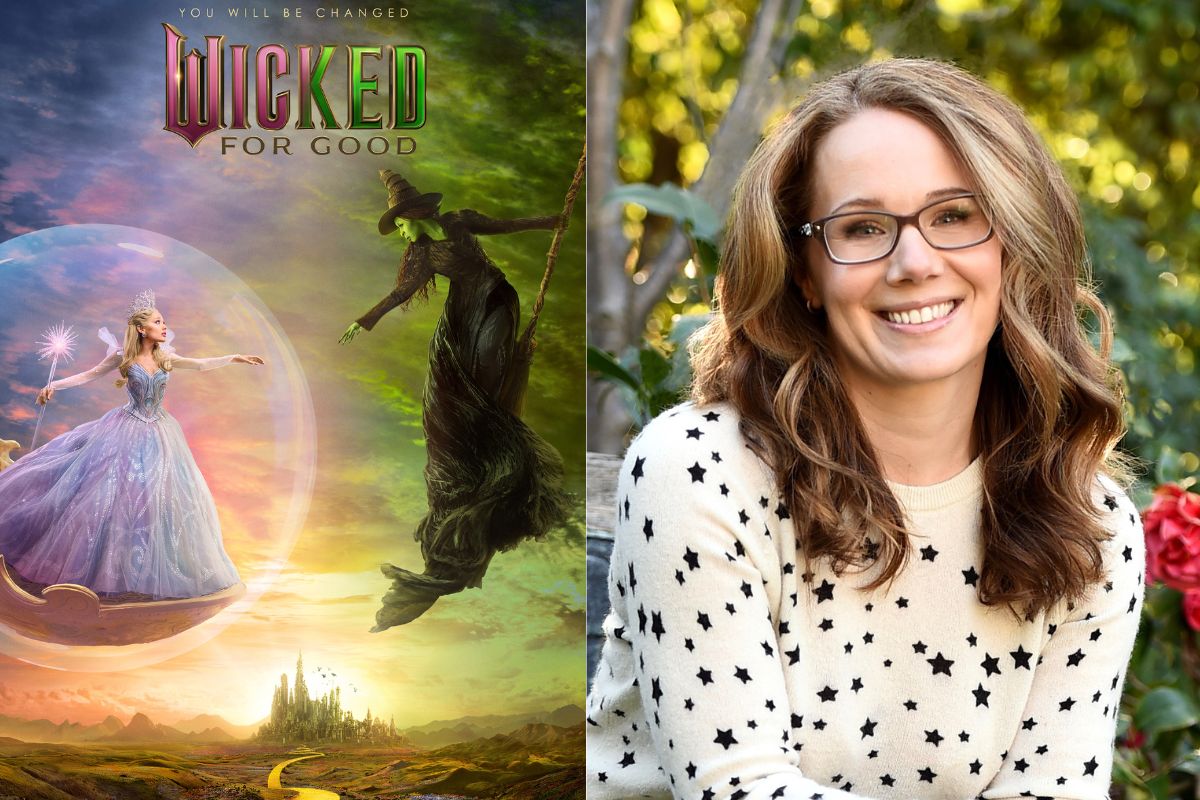The Essence of the 80s: A Talk with ‘Physical’ Showrunner Annie Weisman
‘Physical’ is acerbically funny and at times touching. It’s intrinsically nostalgic and unabashedly promotes women’s empowerment. Veteran television writer and ‘Physical’ showrunner Annie Weisman shares with Script about this paean to 80s living.
The early 80s was an interesting time. The door was closing on disco and new wave and synth pop emerged. Where the 70s was “groovy” and laid back, the 80s was the “me-first” or “yuppie” decade, with an emphasis on capitalism and mammon. As far as beauty, the 70s focused on the easy breezy natural look, a la Farrah Fawcett but the 80s put more concentrated efforts into appearances. One couldn’t be too rich or too thin.
Olivia Newton John’s workout anthem “Physical” (1981) hovered at #1 on the Billboard Hot 100 charts for ten weeks. “Jane Fonda’s Workout” (1982) is one of the bestselling workout videos of all time. People weren’t just using VHS for entertainment; they were also using it for self-improvement. Physical on Apple TV + allows us to see this post disco era through the eyes of Sheila Rubin, an unhappy homemaker who finds freedom through aerobics. Starring Rose Byrne, Rory Scovel, Deirdre Friel, and Paul Sparks, the show is acerbically funny and at times touching. It's intrinsically nostalgic and unabashedly promotes women’s empowerment. It premiered on June 18, 2021, and is currently in its second season.
Veteran television writer and Physical showrunner Annie Weisman recently spoke with us about this paean to 80s living. Her credits include Heartland, The Cleaner, Eastwick, Desperate Housewives, and About a Boy.
How did you come up with the idea for Physical?
It was an idea I came up with and decided to write on spec, in conversation or in pitch mode. I felt like it was an outside of the box idea that I needed to work out on the page rather than trying to sell it as an idea. I started out with wanting to explore this place and time period, early 80s in Southern California, where I grew up. This shift, when the 70s were turning into the 80s, was a big part of my childhood. I wanted to do that through the lens of this character that was struggling with this really private eating disorder that she wasn't communicating to everyone around her. As soon as I came up with the idea of accessing her inner life with this inner voice, that's when everything clicked, and I started to write.
How did you get it sold?
Through a wonderful writer friend of mine, Alex Cunningham. She’d started a company that was a collective, with her and other writers. They had a deal with Tomorrow Studios to develop passion projects with writers. Alex first approached me, wanting to know if I was working on anything new and that's when I told her about this. She had been a fan of my playwriting and she was interested in it. They helped me develop it. Then I brought it to Apple through my relationship with Michelle Lee, who's one of the executive's there I've worked with over the years in television. When she went over there, she wanted to know if I had something new. And indeed, I did.
How would you describe the world of Physical?
You mean tonally?
Yes.
I would describe it as an honest and unflinching look at the difference between the image women project to the world and who they really are. The show lives in a space between those two in a funny and authentic way.
What's the hook every week?
We're following her ambition. Her rise to power. It's watching her continue to conquer the many obstacles that are in her path as a woman entrepreneur in this time period when there was really no such thing.
Would you say Sheila has an unsolvable dilemma?
In a classic, dramatic sense. Yeah, she has this unsolvable dilemma of trying to exist as a powerful woman in a world that's hostile.
Is there a writers’ room for the show?
Yes. We have been lucky to have a small but wonderful team of writers each season. Some have come back; others have gone on to other projects in the interim. In the streaming world, people have ten episodes. People fill their year. I've had a great team.
What's an average day like in the writers’ room?
We break stories together in a very general way. I try not to get too granular in the writers’ room. We talk big picture about intentions and actions. Big arcs for the characters in the season. I try to leave room for the more detailed work to happen on the page.
How long does it take for you to write an episode?
I usually facetiously say it’s taken me 48 years to write an episode because it's my whole life…! It takes me just as long as I have to write it. Ideally, I'd like to have a couple weeks to write a half hour episode because that's really how much time it takes to write it in a detailed way.
What do you tackle first? Character? Tone? Plot?
We always start with character. She's in almost every episode initially, then the story opens up and includes her interactions with other characters. That’s what we start with. Then weave that into a timeline for the episode. I try to do a not very long outline because I find long outlines can take the life out of a script. We do a short outline focusing on story, then we write the script.
You've been a showrunner before, right?
I have.
What would you say are the challenges on this show as opposed to your previous ones?
The good and bad news is that the subject matter is very personal, and I'm very emotionally invested in it which I think means I have a good compass for what the scope of the show is and what's in and out of bounds. It also means I take everything personal so there's an emotional cost to everything, if that doesn't sound too pretentious. I care deeply about it, so I take it home and it weighs on me.
Was your first writing in television?
No. My first professional writing was in theater. I started out writing comedic plays.
How do you find that format compared to the teleplay? Are they similar?
In my work, yes. I'm such a character and dialogue person so that's what my playwriting and television writing are like. I have had to learn on the job much more about visual storytelling, so writing for camera. Writing for close-up.
What do you look for in the writers your hire for Physical?
I like to hire and meet people who have positive and additive energy I really love. I respond to it well. People who come in saying, "What if" and not "No, but..."
How did you get your first representation?
I got my agent when I had a play included in a new play festival that some agents came to. That's how I get signed. Then the television division took an interest in me from there.
Do you think an aspiring television writer has to live in Los Angeles to make it?
One of the positive outcomes of the pandemic has been the proliferation of the Zoom writers’ room. It's really opened things up geographically, so it'll be interesting to see how it plays out compared to five years ago. People are much more open, and I'd personally be more open to someone who's outside of L.A. who can be in a virtual writers’ room. I think there's a lot more opportunity now for people outside of L.A.
Physical is available to watch on AppleTV+.
Learn more about the craft and business of screenwriting from our Script University courses!
Sonya Alexander started off her career training to be a talent agent. She eventually realized she was meant to be on the creative end and has been writing ever since. As a freelance writer she’s written screenplays, covered film, television, music and video games and done academic writing. She’s also been a script reader for over twenty years. She's a member of the African American Film Critics Association and currently resides in Los Angeles.


